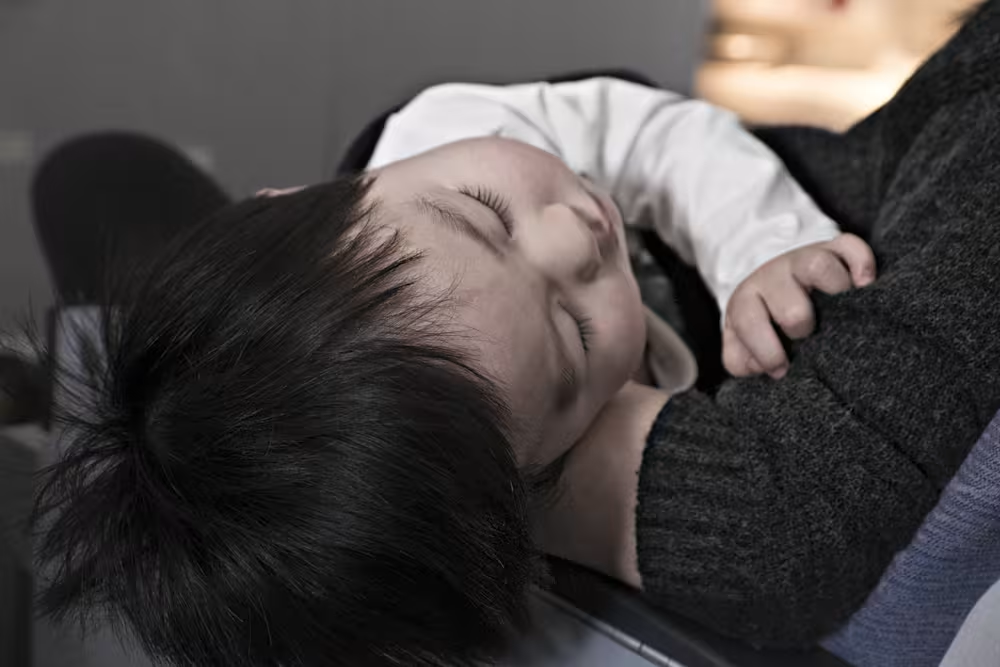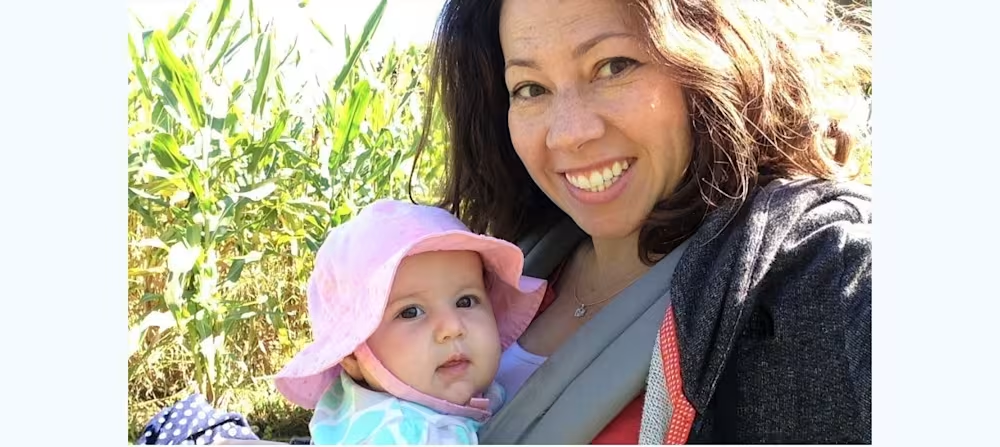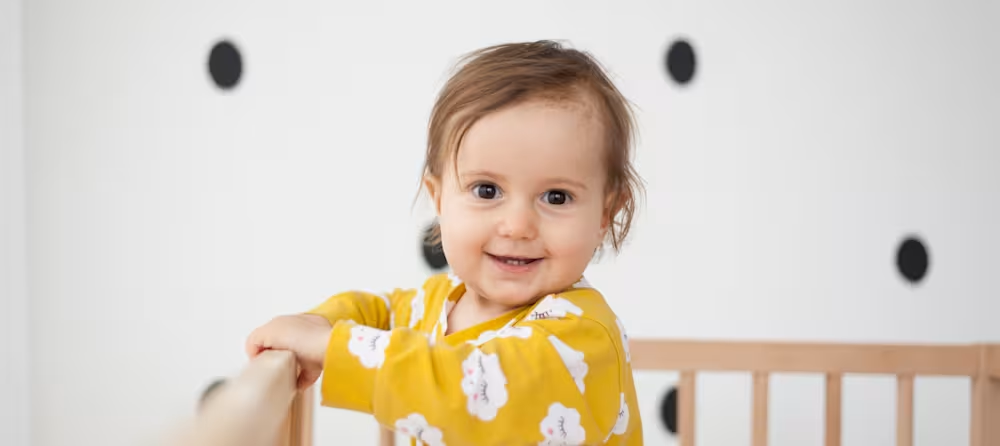Sleep training: Frequently asked questions by parents
Updated Dec 09, 2025

Huckleberry's list of the most frequently asked sleep training questions we receive from parents.
We’ve helped countless babies (including our own!) learn to fall asleep without parental help when they were ready. Healthy sleep habits and adequate sleep can be life-changing when you’ve been without it for any period of time.
However, if you and your baby are already getting sufficient sleep and you’re not interested in moving away from feeding or holding to sleep, we support you! Different routines work for different families and we’re not interested in pushing changes on families. We’re here to support families, no matter what direction their sleep journey takes them.
In most cases, the only thing simple about sleep is knowing that we need more of it! For parents looking for a full analysis and customized plan to improve sleep, choose . We provide a holistic approach that considers your individual family's goals as well as your parenting style.
Share article:
Note: The content on this site is for informational purposes only and should not replace medical advice from your doctor, pediatrician, or medical professional. If you have questions or concerns, you should contact a medical professional.
Share article:







